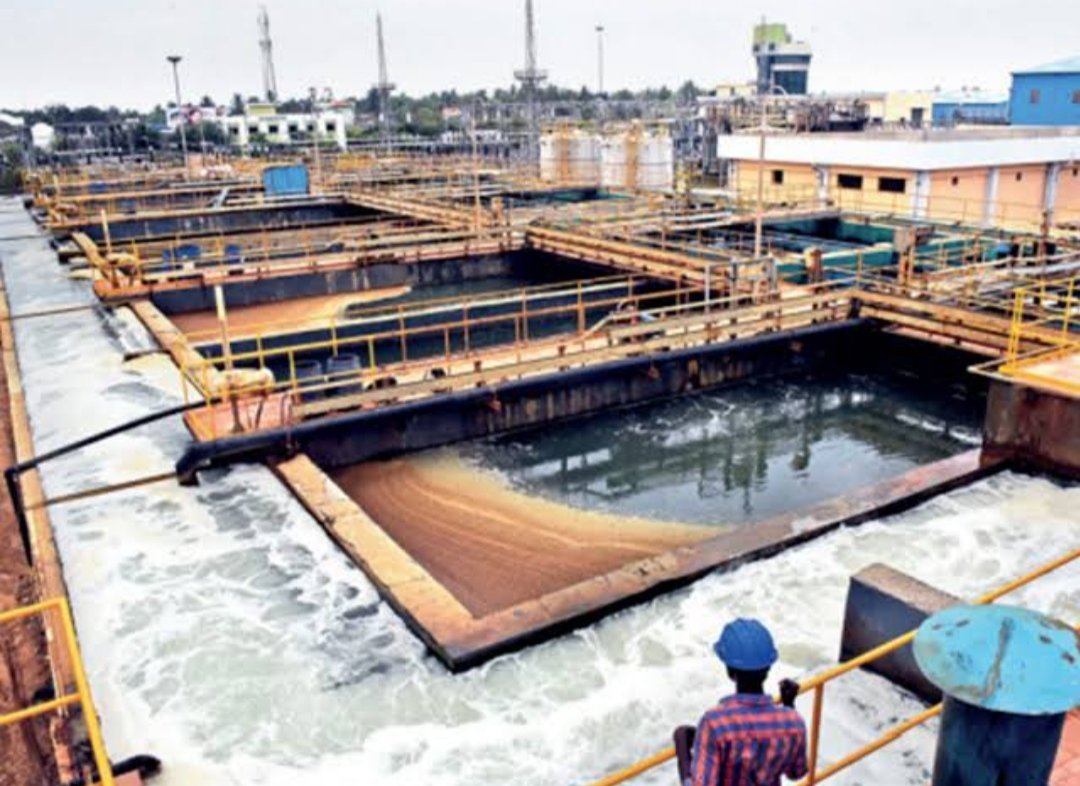Keypoints:
- State government green lights a desalination plant at Manori to meet the city’s current water supply shortfall and future needs.
- Mumbai’s water need is now 4,200 MLD (million litres per day), expected to rise by 71% by 2041.
A desalination plant at Manori has been green lighted by the State Government to meet the city’s current water shortfall and its future needs. To this, the scientists say that the authorities must address the environmental problems that follow desalination plants, and that water harvesting and recycling are more sustainable options.
Currently, Mumbai’s water need is now 4,200 MLD (million litres per day) and is expected to rise by 71% by 2041.Desalination plants have proliferated around the world in recent decades as technology has advanced, costs have fallen, and water scarcity has increased. These are the reasons why in Mumbai, too, the authorities have approved an idea they had previously rejected.
P. Velrasu, additional municipal commissioner(projects) has said that,”While water supply from dams cost the corporations Rs 20 per thousand litres, from the same quantity of desalination, water supply will cost Rs 30″.The proposed 25-acre Manori plant will have a capacity of 200 MLD. Velrasu said a detailed project report would be available in eight months.
Lakshmanan Elango, expert of Chennai based hydrogeologist says that de-salination plants are not very environmentally friendly and should be the last resort. For one, most consume enormous amounts of energy. “The electricity will come from coal-fired thermal plants, so that is a lot of added carbon emissions,” he added.
A scientist, based in Mumbai and with expertise in desalination, welcomed the authorities’ efforts to anticipate future water needs. But he also expressed concern about the plant’s energy use and effluent discharge, and recommended more water conservation. In a reverse osmosis (RO) desalination plant, he noted, one litre of seawater will produce 500 ml of potable water and 500 ml of wastewater. “So there has to be a plan for treatment and disposal of the reject-water,” he said.
Many desalination plants produce more waste-water, or brine, than the volume of potable water, according to a 2019 global analysis of such plants. Israel, which has long used desalination, has switched to solar energy in many of its plants and is also stringent about waste treatment, noted the scientist. “Hopefully, experts will go in the same direction here as well,” he said.

